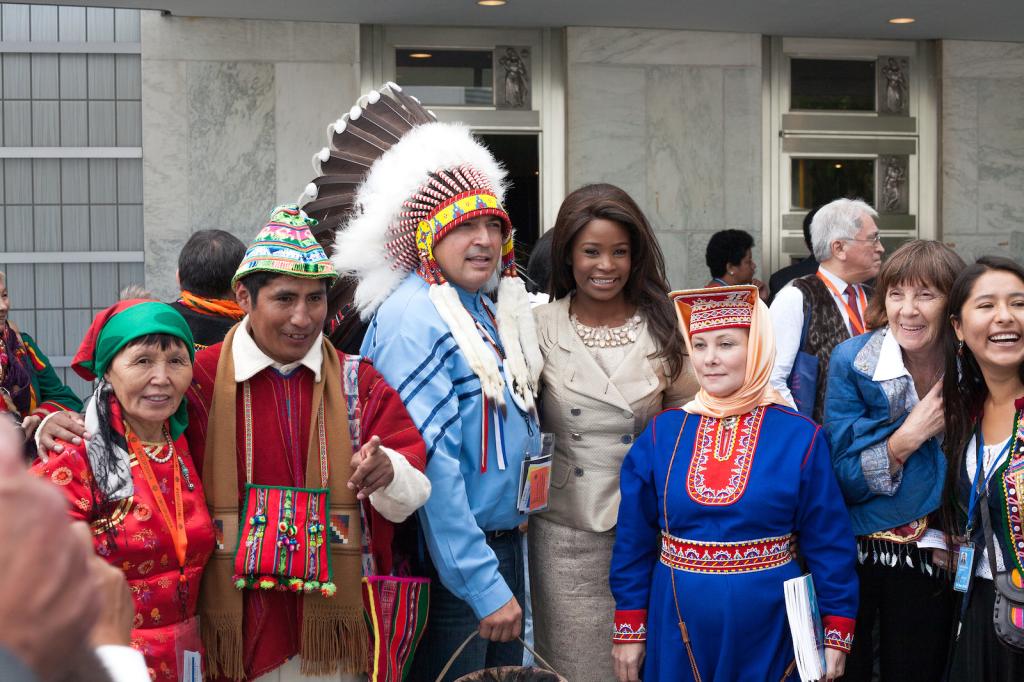
hikingartist.comAmericans tell pollsters they like clean energy, but that’s not enough to fend off the polluters.
Stephen Lacey flags a poll that shows that the public feels positively about clean energy and, if given the choice, would prefer to pursue clean energy over fossil fuels. Similar positive results have been found, again and again and again, in polling about air pollution rules and the EPA.
These results are notable and not widely understood, so it’s absolutely to the good that clean energy journos, pundits, and advocates sing them from the rooftops. Politics is about perception and the perception that the American people love clean energy and dislike pollution can only help.
However! I sometimes worry that folks in the clean energy world are reading too much into these polls. There is an immense distance between poll results and the assertion embedded in Lacey’s headline that “being anti-clean energy is bad politics.”
The first thing to remember is that the way people are exposed to messages in the wild bears little resemblance to the way they hear messages from pollsters. It is one thing to hear two contrasting messages, each presented at length, uninterrupted, and have a chance to consider them. It is another entirely to hear bits and pieces and fragments of messages embedded in 30-second ads between a football game and So You Think You Can Dance, or in passing tweets and headlines. It’s another to hear messages that go unanswered, messages consciously crafted to appeal to your temperament and prejudices.
In a poll, the merit of the contrasting messages is all that matters; professional polls are purposefully crafted that way. In the real world, what matters is not merit so much as volume, repetition, and sponsorship. If you have the money and the savvy to get your message repeated frequently in high-traffic media by trusted spokespeople, you can easily overwhelm a message that could compete if presented in isolation from the larger sociocultural environment.
Which brings us to the larger point, which is that in politics, breadth of opinion is not as important as intensity and money. A small contingent of well-funded activists can turn an election, especially a primary, as the Tea Party showed to terrifying effect in 2010. Support for clean energy and clean air is broad, but the class of people for whom it is a defining issue — people who will donate money, advocate, make noise, and ultimately turn elections — is, at least today, relatively small. And it is largely concentrated in safely blue urban areas.
As Ronald Brownstein described in a recent column, as House Republicans have forced vote after vote on blocking EPA regulations this year, more and more Democrats from competitive districts have joined them. This is in sharp contrast to what happened under the Gingrich Congress of 1994, which also held a series of anti-EPA votes but got increasingly fewer Republicans votes.
In this Congress, the prevailing feeling is obviously that standing with EPA is an electoral risk. This is not because politicians are unaware of broad sentiment in favor of clean air. It’s because they fear an extremely intense, motivated sentiment against regulation and Big Government. Voting for EPA will cost them votes and money; voting against it probably won’t. Until that equation changes, no amount of supportive polling will shift the politics.



